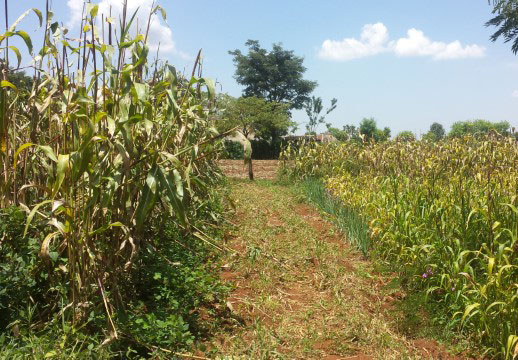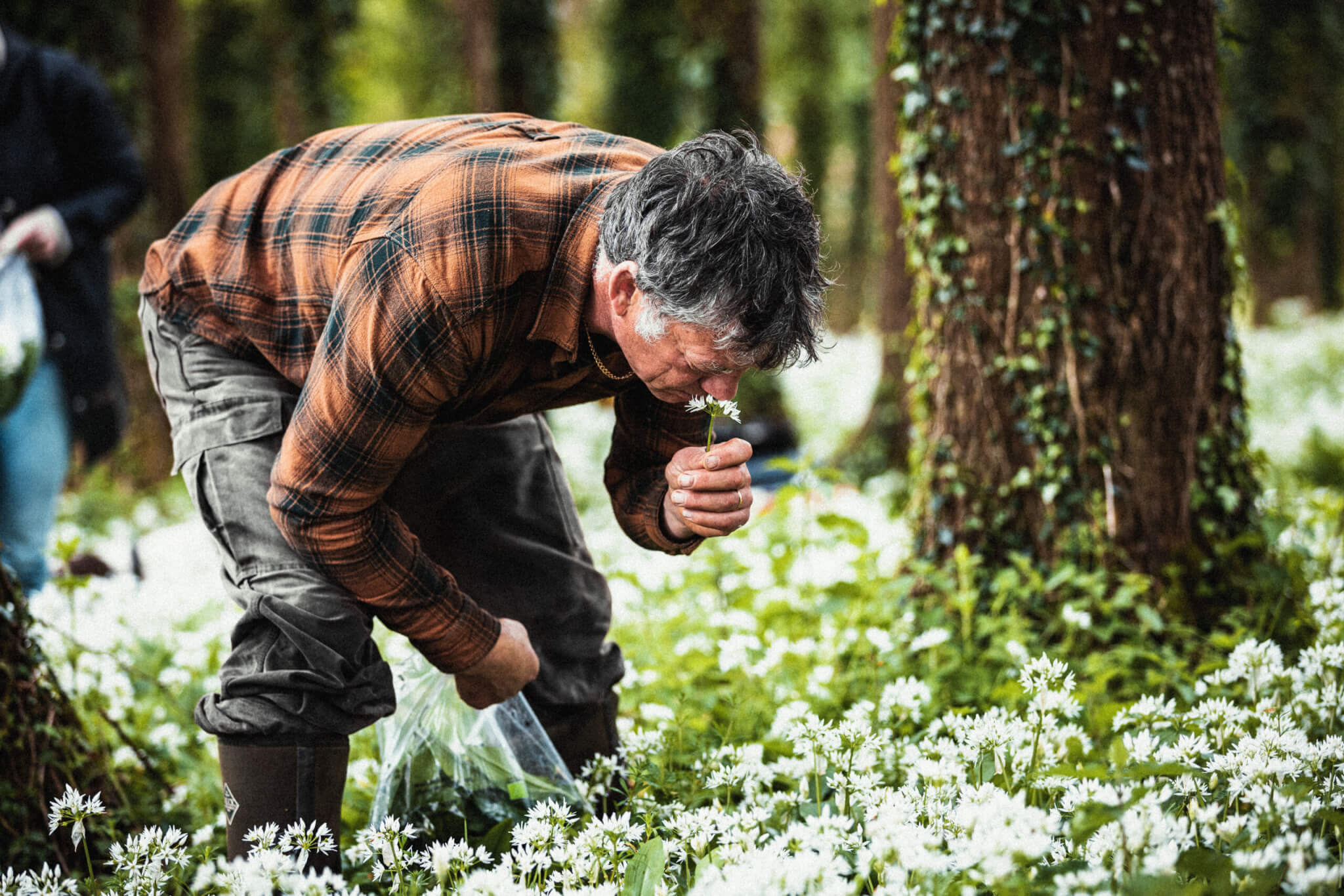Having enough food to put on plates is a regular concern for families in Kyotera, Uganda; many feel there is too much stacked against them. This year Covid-19 and the subsequent lockdown have hindered access to farms, limiting precious planting time, as well as restricting access to markets.
However, perhaps the biggest risks to families achieving food security are increasingly erratic rainfall and pests. Kyotera is in a semi-arid region dubbed the ‘cattle corridor’ and it is seeing reduced levels of rainfall as well as soil degradation and increased pest damage to crops – all effects of a changing climate.
The climate crisis has led many families to feel their soils are no longer capable of feeding them, but Send a Cow believes sustainable organic agriculture can help ensure plates are full of nutritious food.
Send a Cow has been working in Kyotera for over 13 years. We recently wrapped up the Rakai Orphans project, supporting families with orphans or vulnerable children in their care to grow enough nutritious food and achieve sustainable livelihoods.
As the project’s manager, I saw families rise up from extreme levels of poverty. Within four years they were eating nutritious meals, earning an income, and had the confidence to set up small businesses with their neighbours and friends.

Throughout the project we noticed an increasing need for pest management. Many farmers across the world have turned to pesticides to manage new stubborn pests like stemborer moth and fall army worm, as well as destructive weeds such as striga, but these solutions are devastating for biodiversity, not to mention unaffordable for many smallholder farmers.
I am so pleased to announce that this September, Send a Cow Uganda launched Kyotera Push-Pull, a project working with the same farmers from the Rakai Orphans project to roll out Push-Pull technology, a simple but powerful farming technique. It was designed by the International Centre of Insect Physiology and Ecology (ICIPIE) and provides effective, low-cost solutions to devastating pests and weeds, while regenerating soil fertility. This video explains how it works to increase and improve maize and fodder yields.

Most importantly, Push-Pull works in harmony with the ecosystem, not against it. Implementation across other east African countries has shown it can increase crop yields and improve animal feeds with income opportunities being bolstered as a result – all while protecting the environment for the next generation.
At a time when the climate crisis is testing the strength of the world’s farmers, we are delighted to have the support of Riverford as we start this new project. Battling with the effects of climate change, families in Kyotera can still grow sustainable and resilient crops, but need support to apply low-cost, low-tech solutions such as Push-Pull. I look forward to reporting back as the project progresses.















0 Comments